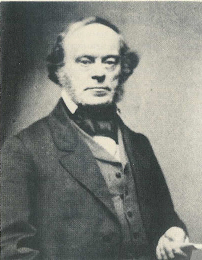A Quote by Mary Roach
Life contains these things: leakage and wickage and discharge, pus and snot and slime and gleet. We are biology. We are reminded of this at the beginning and the end, at birth and at death. In between we do what we can to forget.
Related Quotes
Birth leads to death, death precedes birth. So if you want to see life as it really is, it is rounded on both the sides by death. Death is the beginning and death is again the end, and life is just the illusion in between. You feel alive between two deaths; the passage joining one death to another you call life. Buddha says this is not life. This life is dukkha - misery. This life is death.
Death is not the end, but the beginning of a new life. Yes, it is an end of something that is already dead. It is also a crescendo of what we call life, although very few know what life is. They live, but they live in such ignorance that they never encounter their own life. And it is impossible for these people to know their own death, because death is the ultimate experience of this life, and the beginning experience of another. Death is the door between two lives; one is left behind, one is waiting ahead.
The greatest mystery in life is not life itself, but death. Death is the culmination of life, the ultimate blossoming of life. In death the whole life is summed up, in death you arrive. Life is a pilgrimage towards death. From the very beginning, death is coming. From the moment of birth, death has started coming towards you, you have started moving towards death.
Nothing retains its form; new shapes from old. Nature, the great inventor, ceaselessly contrives. In all creation, be assured, there is no death - no death, but only change and innovation; what we men call birth is but a different new beginning; death is but to cease to be the same. Perhaps this may have moved to that, and that to this, yet still the sum of things remains the same.































